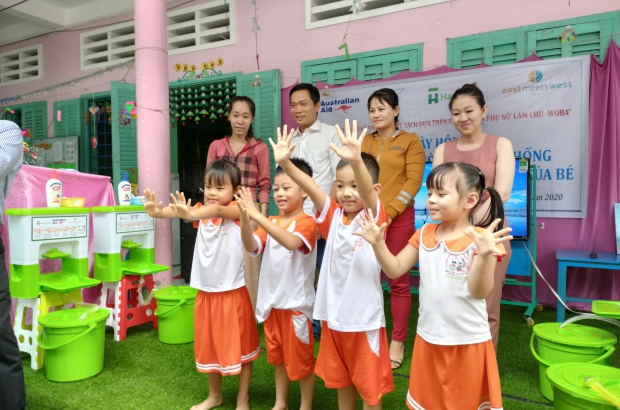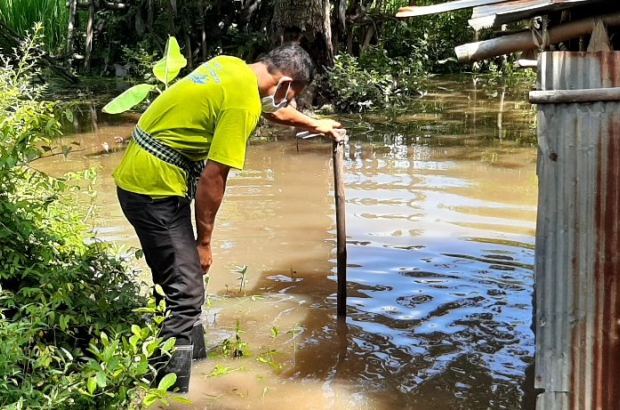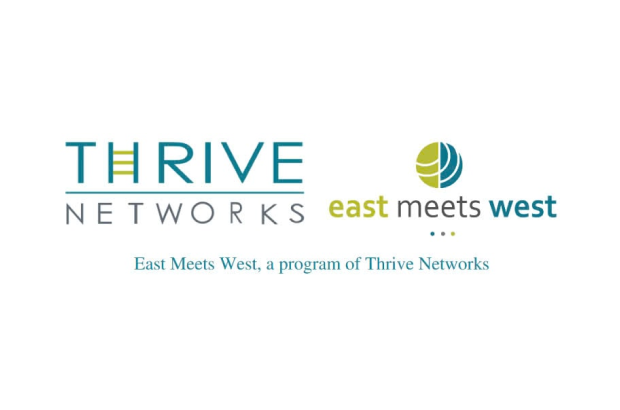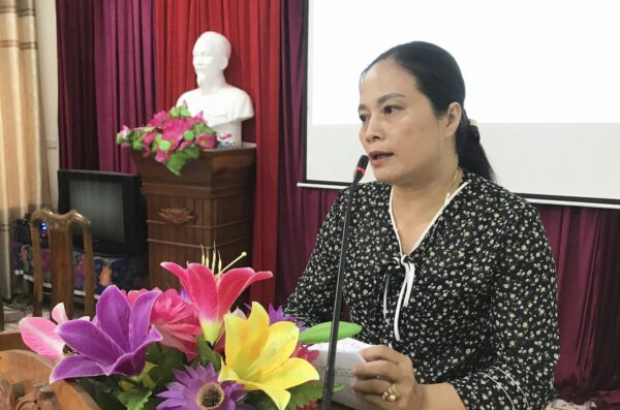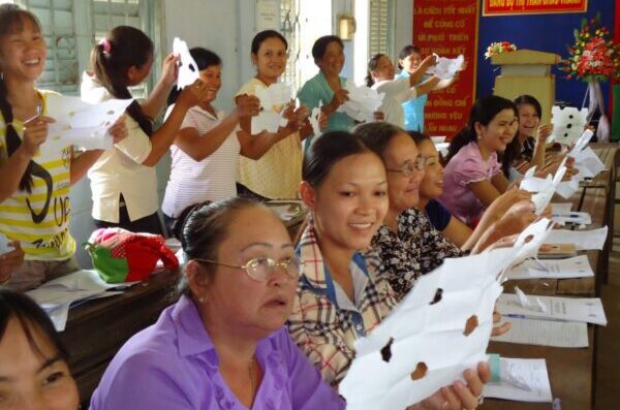2801
Results of WOBA Vietnam Mid-Term Review
his report presents results of the Mid-Term Review (MTR) conducted for the ongoing (2018 – 2022) Women Led Output-based Aid Vietnam (WOBA) project funded by the Australian Department of Foreign Affairs and Trade (DFAT) through the Water for Women Fund. The project is being implemented in five rural provinces of Vietnam (Hoa Binh, Thanh Hoa, Nghe An, Ha Tinh and Ben Tre) to bring equitable water, sanitation services and hygiene practices to marginalized households in rural communities. The MTR, conducted during March-July 2021, evaluates the program’s progress towards its planned outcomes and supports learning by exploring the effectiveness of the strategies and activities implemented from June 2018 to June 2021. It explores some initial indicators of impact and sustainability.
2520
Lessons from Water for Women Fund!
Climate change and WASH are intrinsically linked. According to UN Water’s 2020 World Water Development Report, nearly three quarters of natural disasters are water related. When they hit, they can destroy critical WASH infrastructure and access – severely affecting the health, safety and food security of thousands, if not millions of people at a time.
2331
Hand washing products and hygiene promotion in rural Vietnam: A case study of the COVID-19 Response in the Women-Led Output-Based Aid (WOBA) Vietnam Project
In align with the Vietnamese government’s response to COVID-19 and the World Health Organization’s recommendations, Thrive Networks/East Meets West Foundation (EMWF) supported the provincial efforts to prevent COVID-19 transmission at the local level through the implementation of a COVID-19 Response project (Phase 1) in the period of May to July 2020, as part of the Women-Led Output-Based Aid Vietnam project, funded by Australian Department of Foreign Affairs and Trade under the Water for Women Fund.
2523
“Turn waste into nutrition” project was launched!
In June 2021, the project named “Turn waste into the nutrition” of Ms. Nguyen Thi Anh Thu won the second prize in the “Innovative women in developing solutions to improve sanitation and clean water for climate change adaption and social integration”. The contest is under the framework of the Women-Led Output Based project, funded by the Australian Department of Foreign Affairs and Trade and implemented by East Meets West Foundation.
2560
Women are Key to Improving Rural Sanitation
On World Toilet Day, a marketing campaign in Viet Nam sheds light on what makes civil society organizations effective partners for development projects.
2613
Achieving Gender Equality through WASH: Nhung’s Story
“Thanks to my experience and involvement in joint efforts between VWU and EMW, I understand that improving women’s access to water and sanitation is one of the most effective ways to achieve gender equality.”
2689
For Women, By Women: Huong’s Story
Huong is Head of Economic, Social and Family Affairs Department of Ha Tinh Provincial Women’s Union. She has also been a leader of our Women-Led Output-Based Aid (WOBA) project since the program commencement, assuming responsibility for planning, implementing and overseeing the program activities.
2144
Challenges in designing and implementing climate – resilient water safety planning (CRWSP): initial observations from a CRWSP pilot in rural Viet Nam
Water safety planning is a critical issue that has received increasing attention and investment from governments and international organisations because of the nexus between water supply quality and public health as well as other economic and social implications.
2587
Stories – women, WOBA, sanitation, water, Vietnam Women’s Voices – SDG #5
“I am glad to be able to help my community gain access to clean toilets. Some people still show great gratitude when we meet.”

